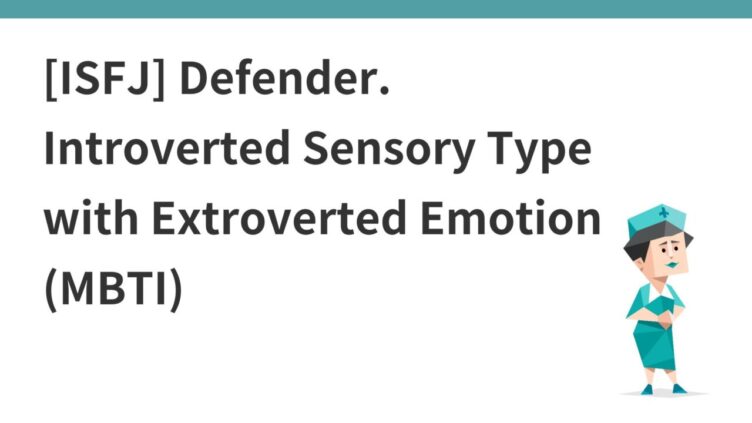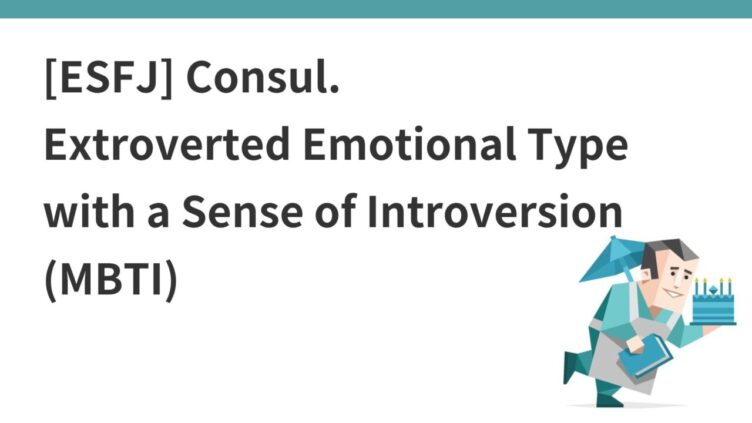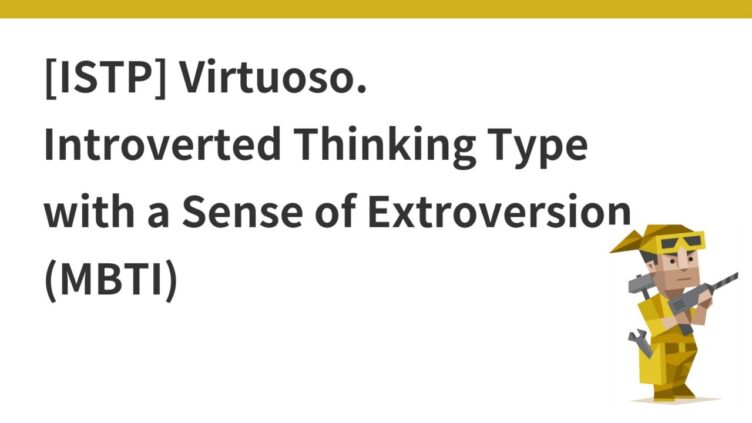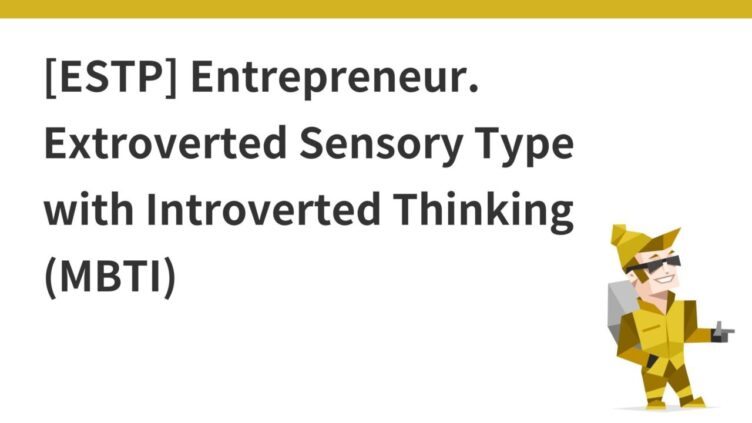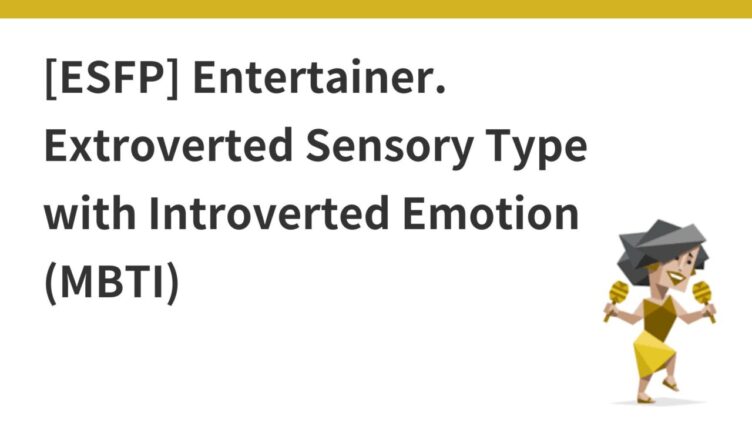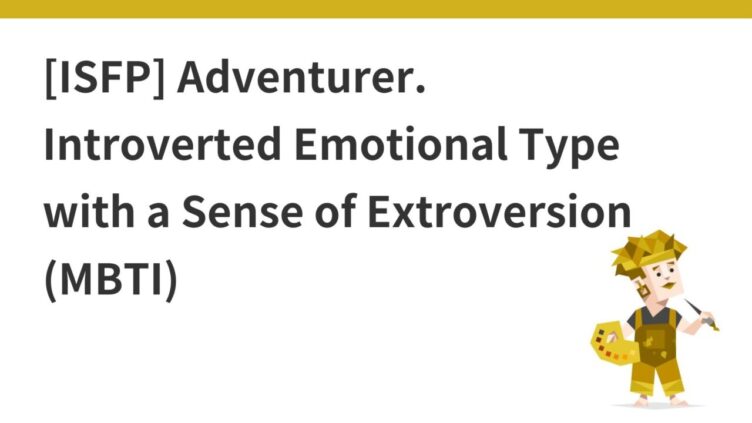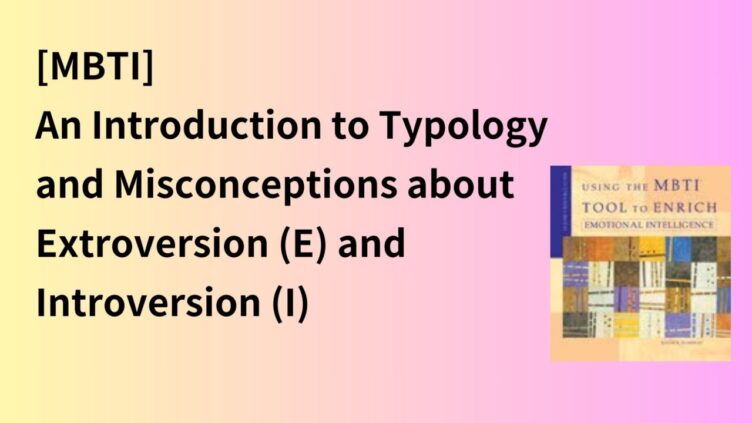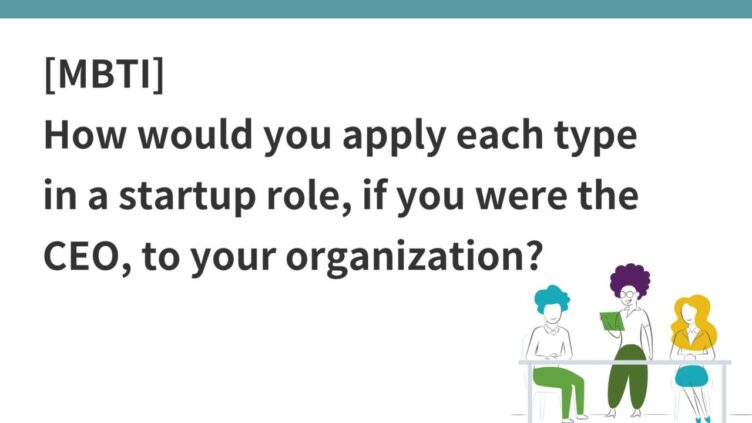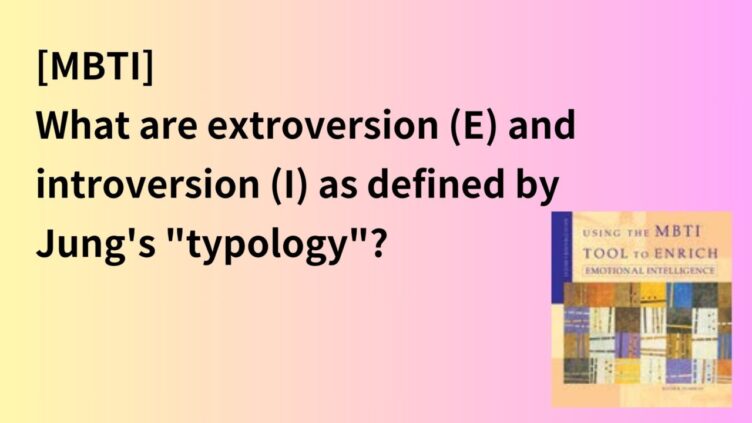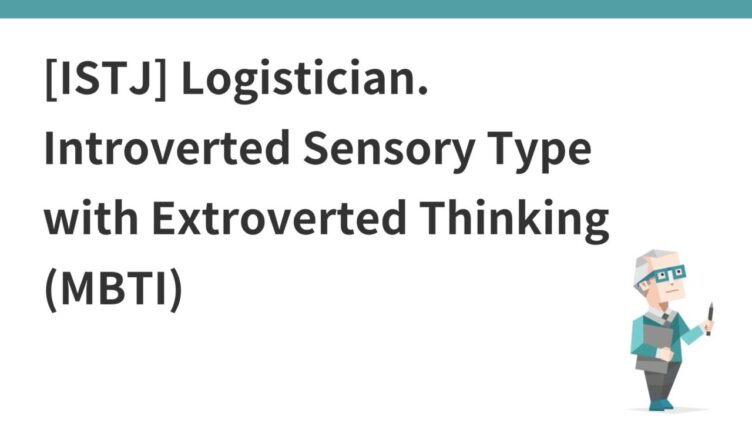
[ISTJ] Logistician. Introverted Sensory Type with Extroverted Thinking (MBTI)
ISTJs are Si-Te cognitive functions, so they make efficient and logical decisions based on past experience and facts. In my impression, the words 'serious and honest' best describe this type.My impression is that they demonstrate their characteristics by being like a behind-the-scenes force in back office, accounting and other tasks that are routine and need to be done efficiently.
